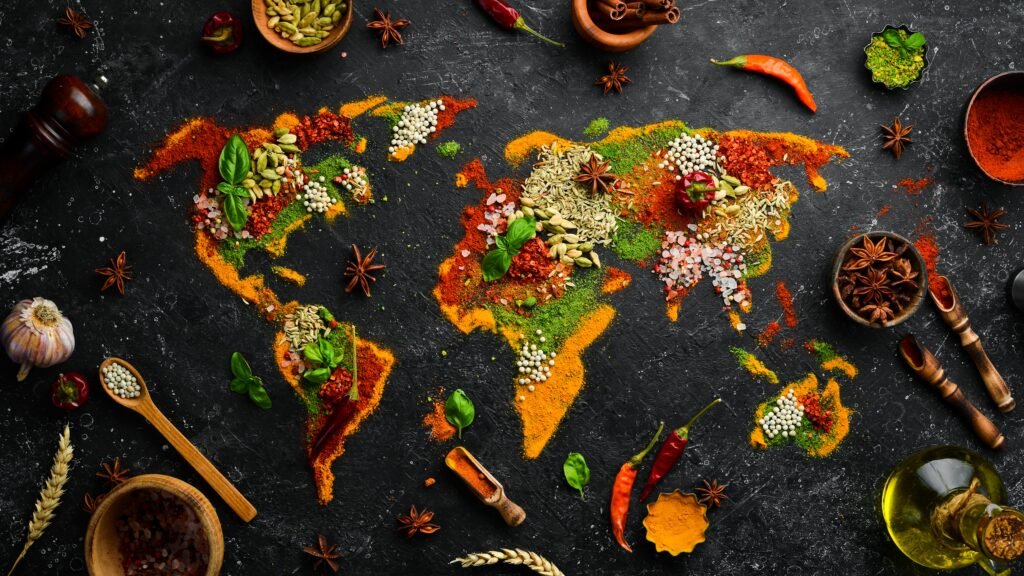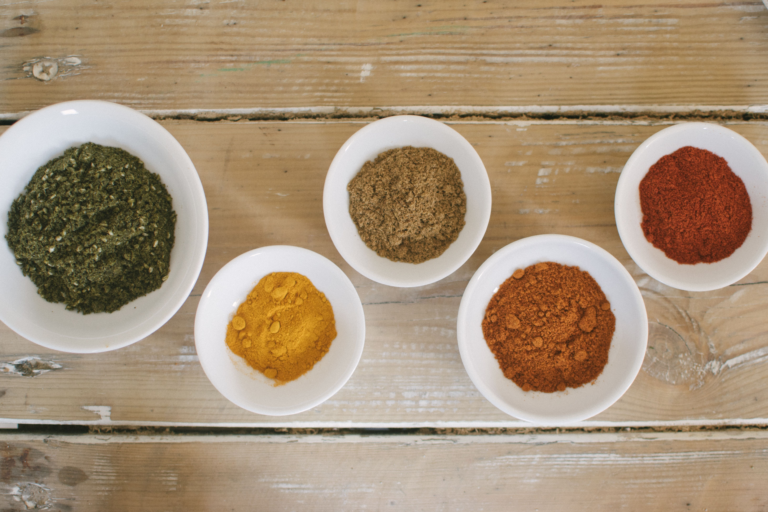Herbs & Spices: A Complete History Through Time
Herbs and spices have played a crucial role in the development of human civilization. From their early uses in medicine and religion to their influence on trade, exploration, and even empire-building, these potent plants have shaped the course of history. To fully understand their impact, we must travel back to ancient times, where their journey begins.

Ancient Beginnings: The First Use of Herbs and Spices
Herbs and spices have been a part of human culture for millennia. Archaeological evidence suggests that early humans used herbs and spices for both culinary and medicinal purposes as far back as 50,000 years ago. In ancient Mesopotamia, for instance, herbs like thyme and cumin were used in cooking, while cinnamon and frankincense were reserved for religious rituals and embalming.
Egyptians were among the first to systematically cultivate herbs and spices, developing sophisticated techniques to grow and preserve them. Ancient Egyptian tombs have been found containing cloves, garlic, and coriander, attesting to their value. The Ebers Papyrus, an ancient Egyptian medical text from around 1550 BCE, includes over 800 prescriptions for using various herbs to treat a variety of ailments, showcasing their medicinal importance.
Spices in the Ancient World: A Taste of Luxury
The desire for spices spurred the development of early trade routes, bringing the world closer together. In ancient Greece and Rome, spices like pepper, cinnamon, and ginger were not only used to enhance food but were also symbols of wealth and status. Roman emperors and wealthy citizens would lavish their banquets with rare and expensive spices, impressing guests with the culinary treasures brought in from distant lands.
Pepper, in particular, was highly sought after in ancient Rome. Its value was so great that it was sometimes used as currency. The Romans had extensive trade networks that stretched to India, China, and Southeast Asia to secure their precious supply of spices. Pepper’s importance can even be seen in historical events such as the sack of Rome in 410 CE when the Visigoth king Alaric demanded 3,000 pounds of pepper as part of the ransom to spare the city.
The Spice Trade and the Silk Road: Connecting Civilizations
As civilizations flourished, so did the spice trade. Perhaps the most famous network that facilitated this exchange was the Silk Road—a vast collection of trade routes that spanned from China to the Mediterranean. Along these routes, merchants traded not only silk but also spices like cinnamon, cardamom, and turmeric, which were worth their weight in gold.
By the 8th century, Arab traders dominated the spice trade. They kept the sources of their spices a closely guarded secret to maintain control over the market. It wasn’t until the arrival of European explorers in the 15th century that the true origins of many spices were revealed, and the spice trade would take a new and tumultuous turn.
